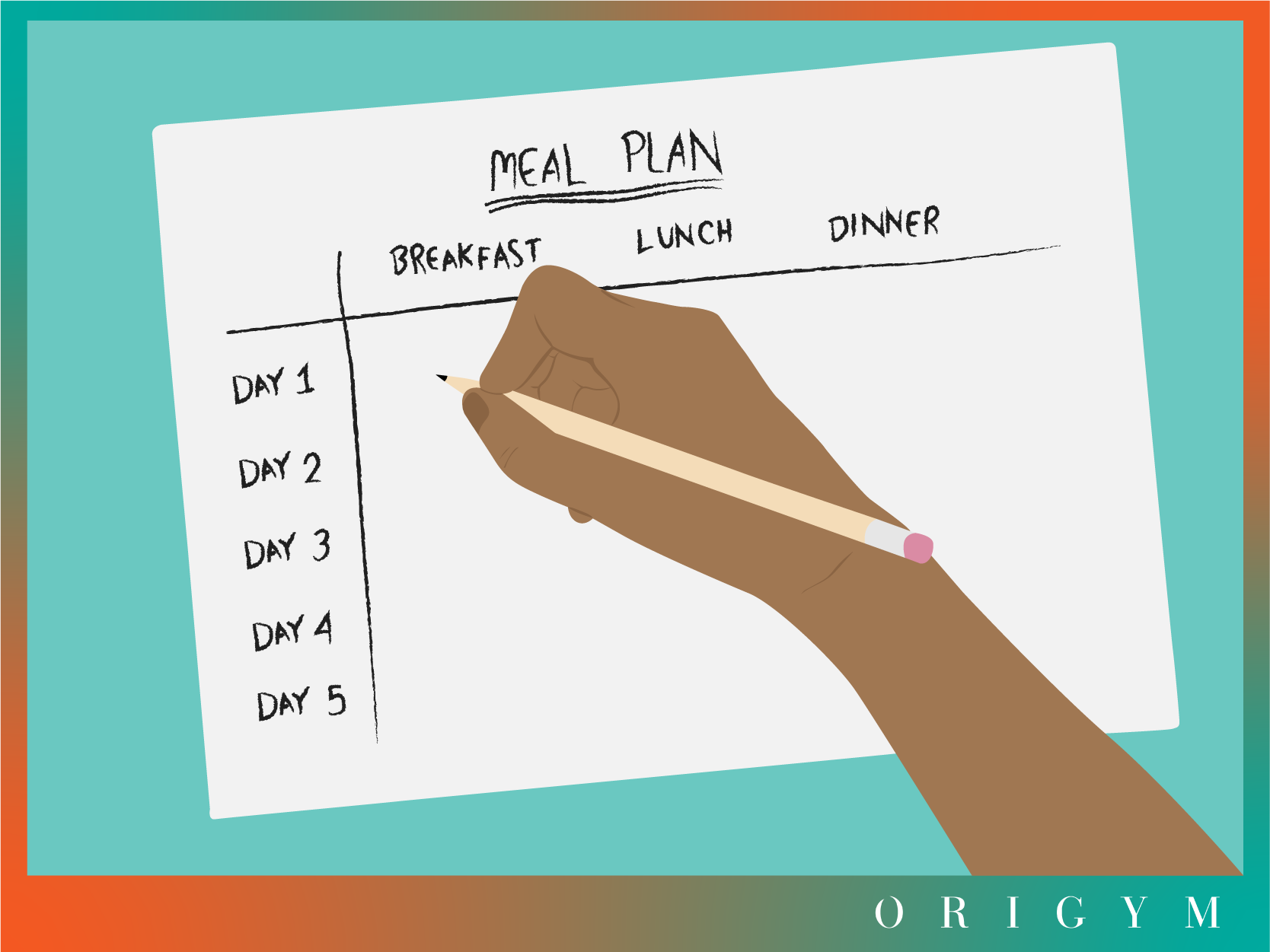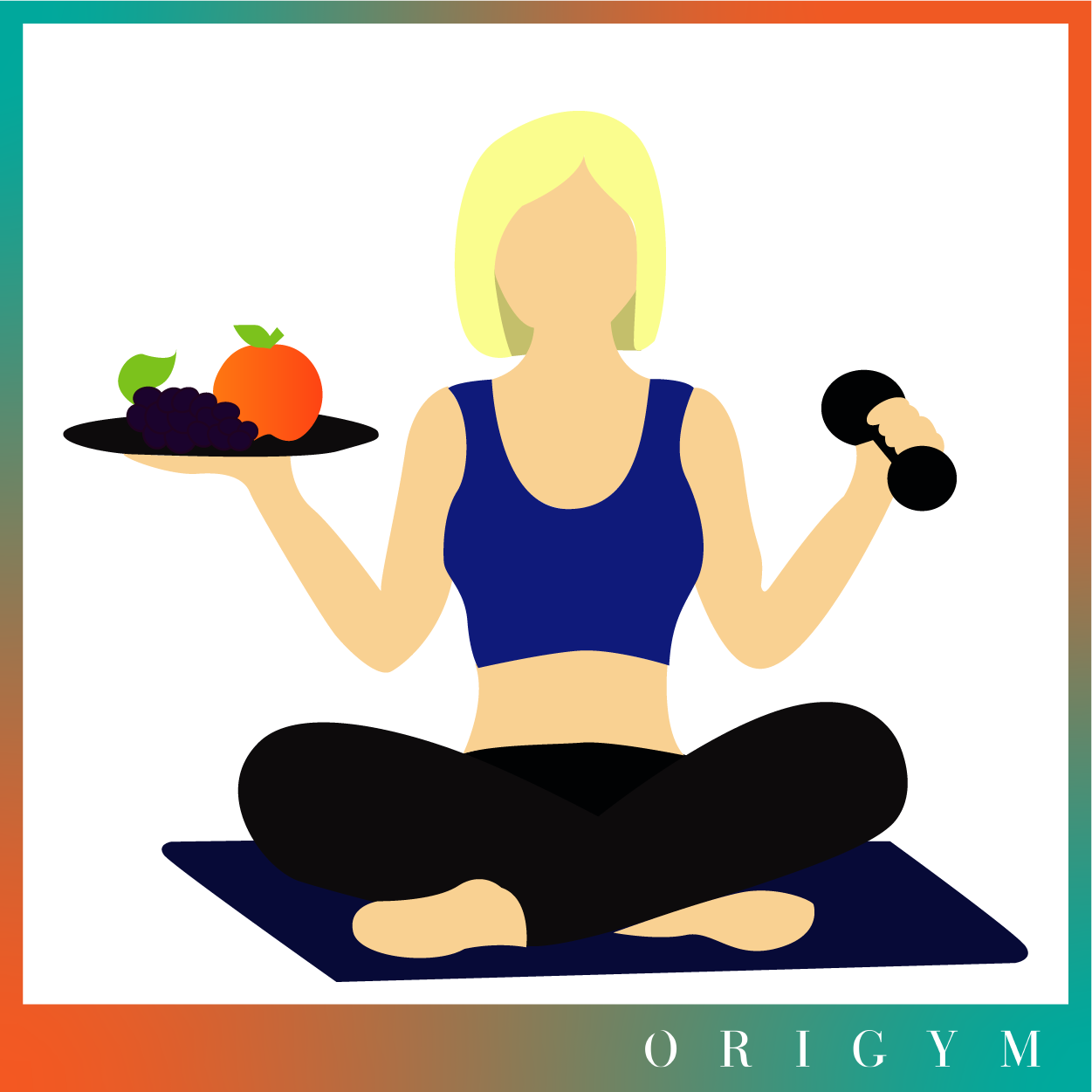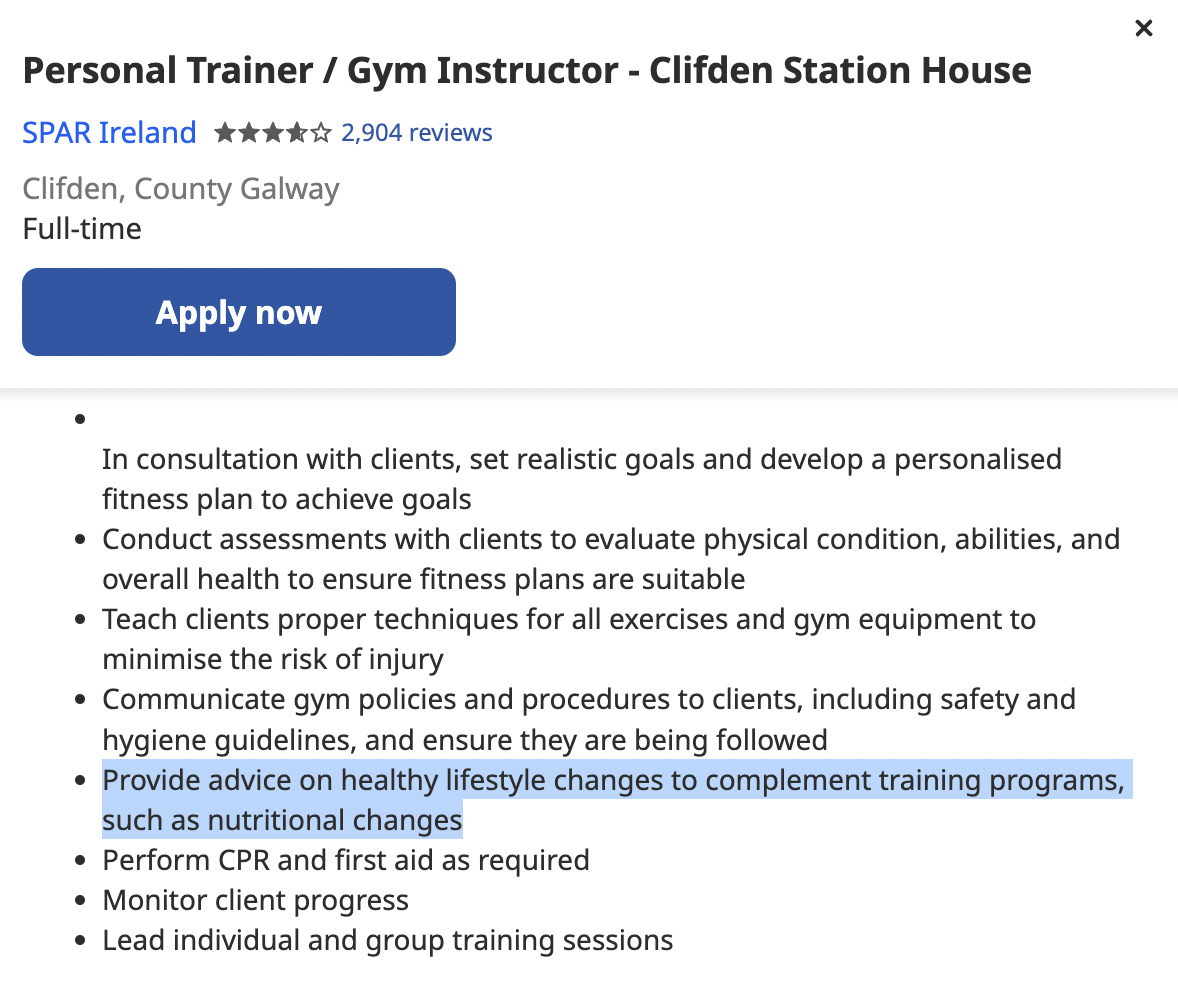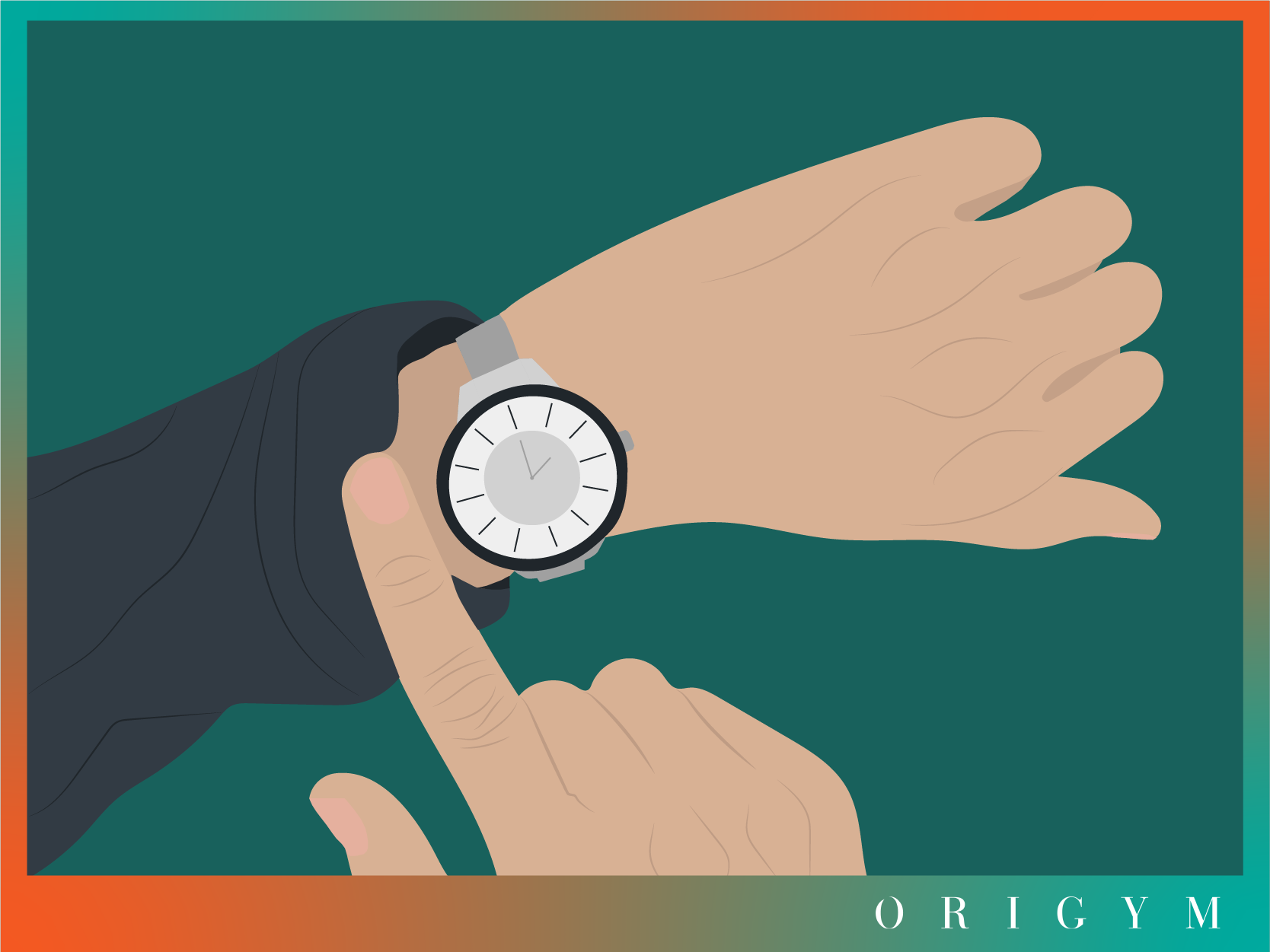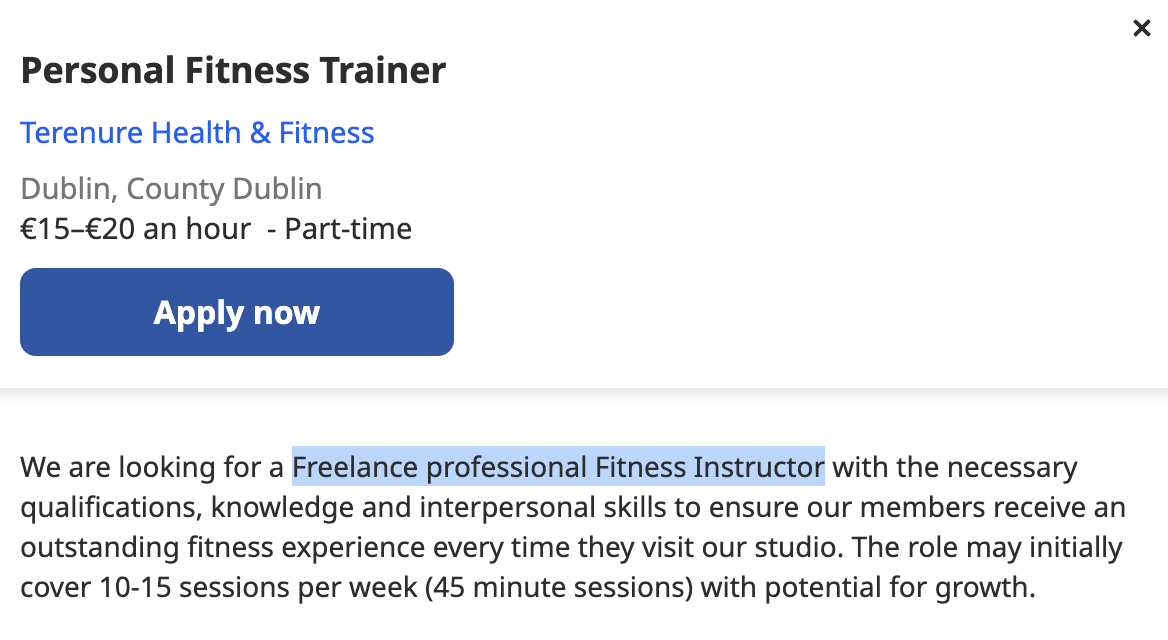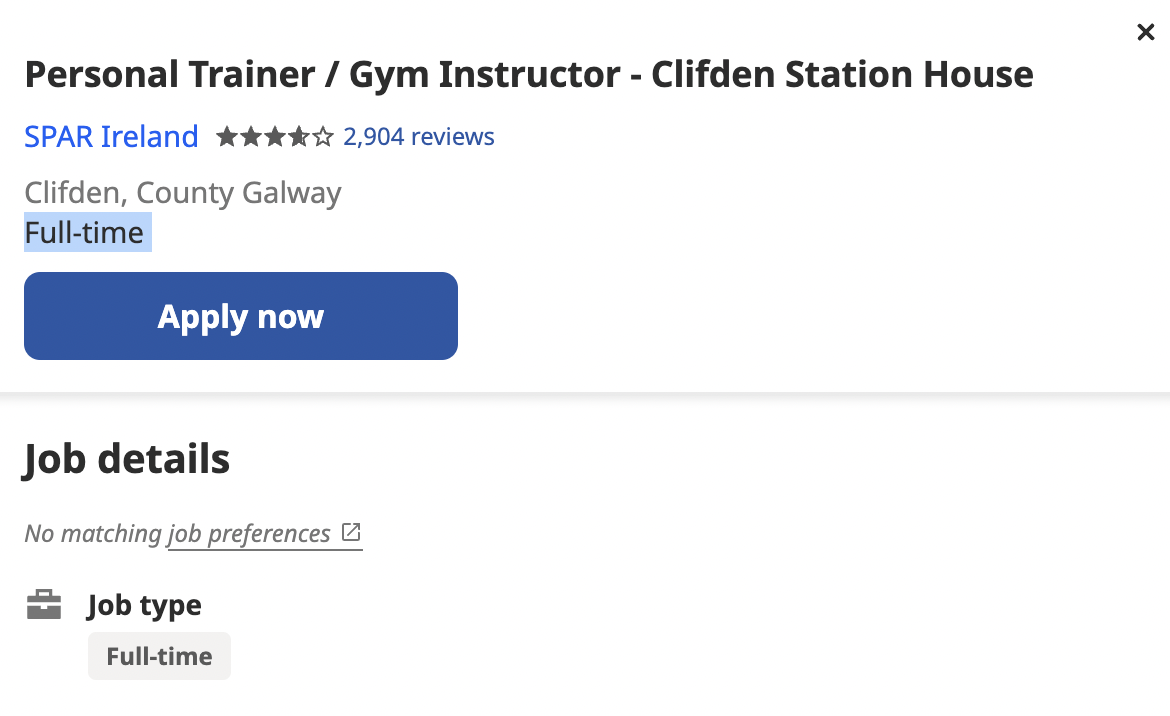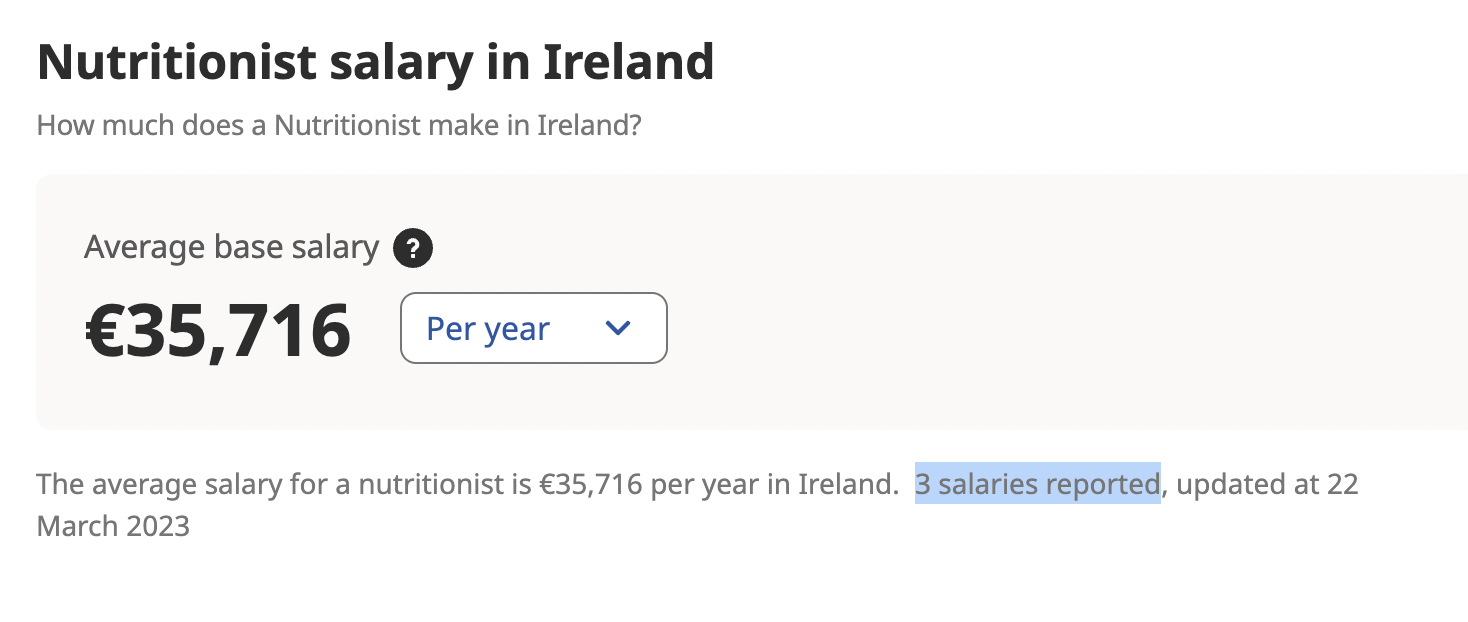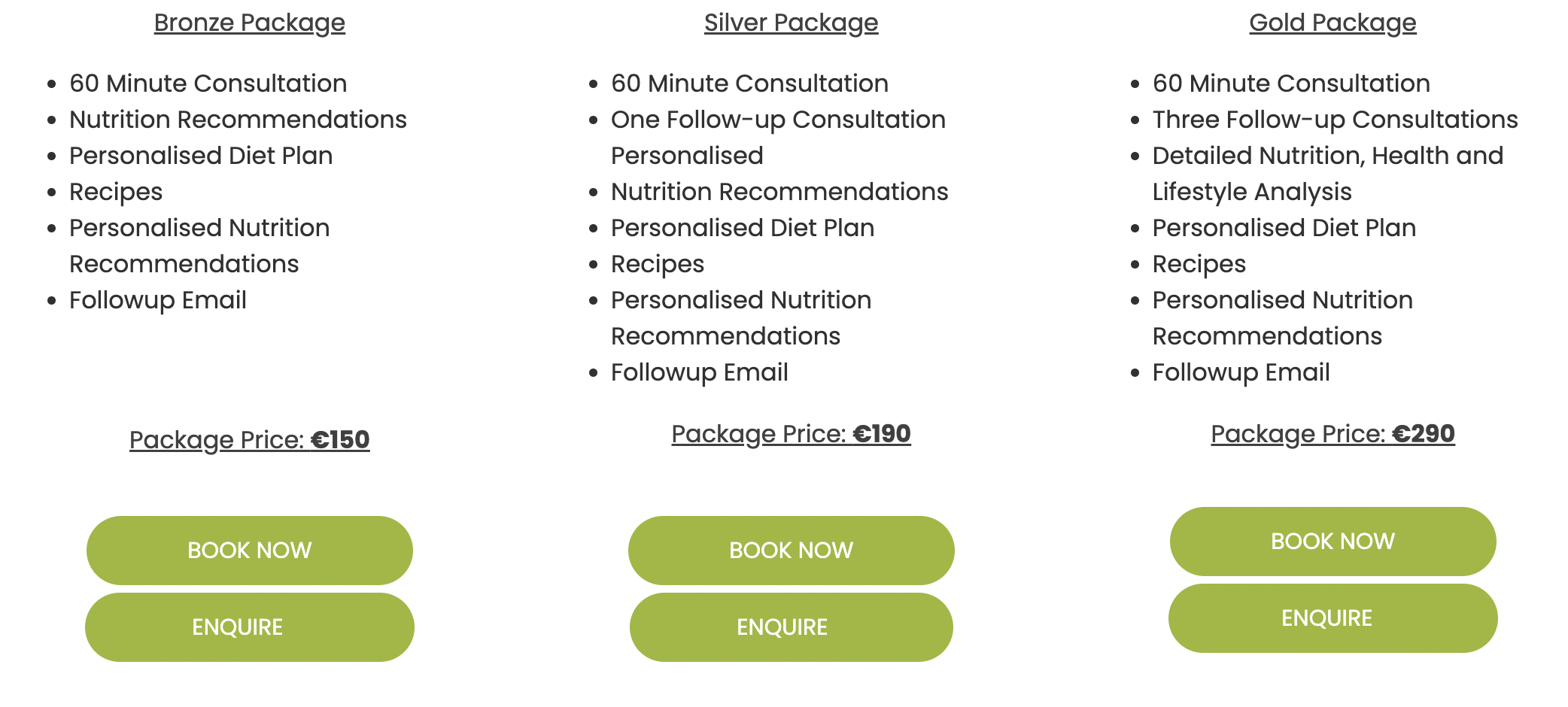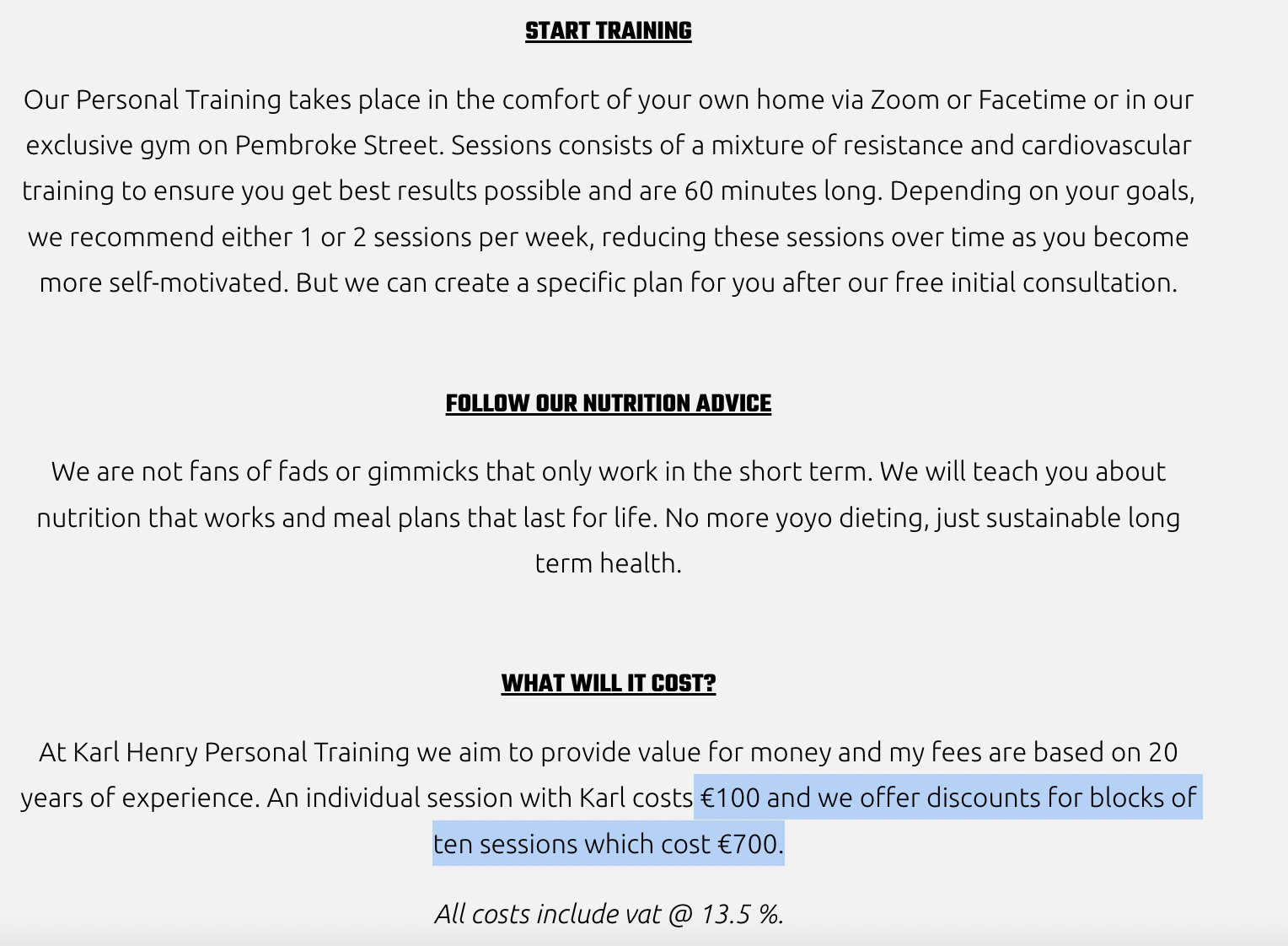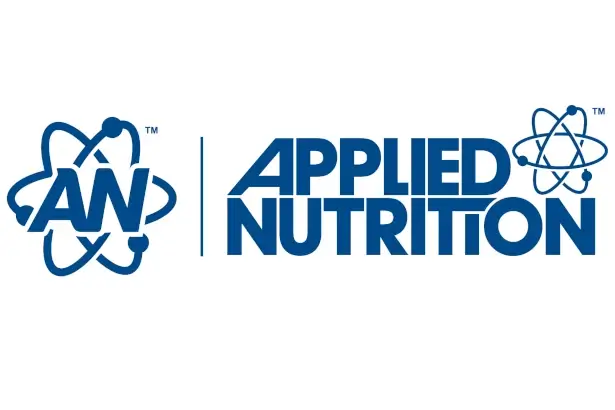If you want to know exactly what’s included in a nutritionist job description, and how you can fulfil the requirements of the role, look no further!
We’ll run through the elements of the job description for nutritionist positions so you know what to expect and how to get started with this career.
In this article we’ll cover:
- The Key Responsibilities in a Nutritionist Job Description
- Qualifications Asked for in a Nutritionist Job Description
- Experience Needed for the Job Description of a Nutritionist
- Working Hours Included in a Nutritionist Job Description
- How Much Can You Earn as a Nutritionist?
Before we start, the most important qualification you’ll need to get is a Level 5 in Nutrition to give you all of the foundational skills for the job.
You can check out all of the courses we offer by downloading our full free course prospectus to find out how you can enhance your career further.
The Key Responsibilities in a Nutritionist Job Description
First things first, what is a nutritionist job description and what exactly is expected of you when you work within this field!
We’ll look at some of the key responsibilities for a nutrition job description so you know what’s involved!
Creating Bespoke Nutrition Plans is a Key Part of any Job Description for a Nutritionist
One of the main things you’ll have to do as part of the nutritionist job description is design nutrition plans for your clients.
These are individualised plans based on people’s goals and problem areas that tell clients:
- How much focus should be on individual food groups
- How many calories they should have per day
- When they should eat their meals i.e a meal schedule that works around their timetable
- Snack and recipe ideas for different meals
This is probably the most important part of the job description for a nutritionist as this forms the basis of the structured help you can offer.
Nutritionists are qualified to make recommendations and advise but can’t ‘prescribe’ a meal plan or something explicitly related to medical issues.
How much is included in this is up to you and how much instruction you give will depend on the kind of support you offer between sessions or how many consultations you offer.
As part of a standard nutritionist job description this will be very detailed and be the main way in which you showcase your skills and help people achieve their goals.
The more in depth you can be here the more people will stick to it and see results!
You Might Analyse People’s Food Diaries as Part of a Nutritionist Job Description
Part of the nutritionist job description might be to have a sample of people’s eating habits through a food diary.
Part of the role would be looking at this and determining where there’s any stumbling blocks or room for improvement.
This will not only inform what your clients eat, and potentially inform what you include in your nutrition plan, it will also help you and your client understand any psychological elements involved.
For example, if you can see that more snacking happens in stressful situations with your client then part of the health nutritionist job description is to notice these patterns.
From there you can provide solutions like coming up with plenty of healthy snack ideas and creating meal ideas that recommend foods that help with the body’s stress management.
This also helps your client to monitor their own eating habits and being objective about them will help them achieve their goals and adjust their behaviour accordingly.
A Dietary Nutritionist Job Description Will Include Consultations and Check-ins
As part of the ongoing support involved in a nutritionist job description you’ll offer a certain number of consultations and check-ins for your clients.
This will differ depending on the kind of service you offer. You can offer as many or as little of these as you like and will often be the main difference between price packages offered.
If you want to become a nutrition coach you may have packages built towards certain goals with check-ins and additional services as an optional extra.
Most nutritionists though will have an initial consultation to determine how they can help their clients as well as one or two check in appointments to see where they’re up to.
The consultation will involve going through people’s:
- Eating habits
- Short term goals
- Problem areas
- Longer term goals
- Tastes
It’s not just existing habits and areas for improvement that you’ll be able to assess here but also part of the nutritionist job description is to find out people’s tastes and what they like to eat.
This helps develop a nutrition plan that’s easier to stick to and still caters to the sort of foods the client likes but healthier, or more geared towards their goals.
You might be wondering, what is the job description of a nutritionist after this initial plan has been made? That’s where the check-ins come in.
These will serve to boost morale and make sure your client has enough support and encouragement to stick to the plan.
It also has a line of communication should they be struggling with anything in particular and adjustments need to be made.
As we mentioned earlier, how many of these take place will depend on the amount clients pay and how involved they want their nutritionist to be.
Any nutrition job description will tend to have at least one during the process or after to check the progress of the client and see whether they’ve achieved their goals.
What is the Job Description of a Sports Nutritionist?
If you want to become a sports nutritionist the job description will be slightly different. This is because a sports nutritionist explicitly supports sports and physical activity with diet.
This means that whereas a holistic nutritionist might work with anyone who wants to change their diet or eating habits towards a particular goal, a sports nutritionist will work with people pursuing a goal or competition within fitness.
This doesn’t necessarily have to be on a professional level but could be with:
- Individuals working towards a competition
- Individuals working towards a marathon
- Local sports teams
- Someone who’s just started doing a particular sport or activity
This will involve a few different skills and more of an understanding of fitness. This will be covered, alongside the other vital nutritionist skills and knowledge, in a Level 5 Sports Nutrition course.
We’ll cover the contents of this course, and the nutritionist job description you can fulfil with it, in our next section.
Ultimately what’s included in a nutritionist job description will depend on the kind of role you choose. We’ll cover this in more detail in our section ‘How Much Can You Earn as a Nutritionist?’
Qualifications Asked for in a Nutritionist Job Description
Now we’ll go through the qualifications that are commonly asked for in any job description of a nutritionist.
Level 5 Nutrition Course
A Level 5 in Nutrition is the most important qualification for any nutritionist job description and will prepare you to fulfil all aspects of the role we’ve mentioned here.
Despite being an advanced qualification there are no prerequisites so if you want to become a nutritionist you can get the foundational skills and knowledge you’ll need with this course.
You’ll learn about all of the following with this qualification:
- Macros and Micros – learning about micro and macronutrients will help you and your clients track their intake of certain food groups and help you communicate why certain nutritional decisions have been made.
This is especially helpful for the parts of the nutritionist job description where you’ll design meal plans or assess food diaries. You can use macro and micronutrients to track clients’ progress and make adjustments as you go.
- Nutrition Legislation – here you’ll learn about the legal side of labelling food and claims made by nutrition companies. This will help you direct clients decide on the right food brands and products when helping with their meal plans
- Understanding the relationship between nutrition and physical activity. This will help with the nutrition plan you design based on how active clients are but will also help meet the requirements of a sports nutritionist job description
This foundational course can be combined with other fitness qualifications to allow for specialisation.
More often than not it will be personal trainer courses that are combined with this nutrition qualification.
We’ll look at the main course you’ll need to complete now if this is something you’re interested in!
Diploma in Personal Training
A Personal Training Diploma combines the primary Level 3 Fitness Instructor qualification with the more advanced Level 4 Personal Trainer course.
This will offer the foundational information Level 3 of the principles of fitness and how the body works and responds during exercise.
You will learn essential skills and knowledge regarding physiology and human anatomy. Not only does this help inform the kind of exercises you can recommend but will inform elements of the nutrition consultant job description too.
Level 4 then develops these expertise further meaning you’ll know what to recommend to support certain aspects of fitness whilst being able to work one-to-one with clients and tailor fitness programmes to their specific needs.
Working with individuals and designing programmes specific to particular goals will inform the nutritionist job description as well as allowing a combination of fitness and nutrition advice.
Being a qualified personal trainer will also allow you to work in facilities where you can source clients such as:
- Gyms
- Leisure centres
- Health clubs
Working as a PT in any of these settings will allow you to upsell nutritional services but also be in a setting to get a variety of different clients and work with a whole range of people.
Some positions will even overlap these two responsibilities explicitly allowing you to be a PT alongside the roles of a nutritionist.
This description is for a job that combines these different roles:
As you can see this is essentially a sports nutritionist job description, combining fitness programmes with nutritional advice.
This is why it can be incredibly fruitful to complete PT qualifications as well as one in nutrition because you’ll be able to combine the activities and revenue streams of both for a lucrative career!
We’ll cover this in more detail in our last section ‘How Much Can You Earn as a Nutritionist?’
Experience Needed in the Job Description of a Nutritionist
In terms of career paths we’ve already touched on the different options but predominantly a nutritionist job description involves working independently.
Most people who offer nutrition alone will work for themselves with their own independent business.
This is also often the case for people who offer holistic packages including fitness training alongside nutritional advice because they will be able to design their own bespoke combinations for clients.
This is an incredibly lucrative way of working because you can have as many clients as you like depending on how you want to organise your timetable.
So, if this is the case then what is the job description of a nutritionist working for themselves and what kind of experience will help?
The most important thing, especially if you want to combine the roles we’ve mentioned and become a PT and nutritionist, will be getting experience with individuals.
The more experience you have working with a range of different clients the more you’ll be able to advertise your industry expertise and the variety in your experience.
Most people will choose a nutritionist based on what other people have said in testimonials or through word of mouth recommendations.
Once you’ve worked with a range of clients you will have testimonials from people with different goals and different issues that they wanted to deal with.
You can then use these as promotional materials to show that you’re experienced and expert enough to deal with some of the most common issues as well as any rarer ones people have come to you with.
The best way to do this is to become a personal trainer in an environment like we mentioned earlier in a health club or wellness environment.
With a dietary nutritionist job description like that one you’ll have access to an array of different clients and gain valuable experience working in a holistic way, designing programmes for individuals.
You should also have some experience with different software for some parts of the nutritionist job description.
When you work as a nutritionist you will have to use certain software to make it easier to design meal plans or track people’s food diaries.
Using apps such as My Fitness Pal and My PT Hub will help you and your clients track activity and see any room for improvement as well as helping with accountability.
This software is easy enough to use and you can easily teach yourself to use it and get enough experience with it so that you can use it with clients.
———————————————
If you’re finding this article helpful and want to know more about developing your nutrition career, check out some of our other article below:
- How to Get Nutrition Clients: 11 Top Tips
- How to Start a Sports Nutritionist Business
- How to Write a Nutritionist Business Plan
Working Hours Included in a Nutritionist Job Description
This too will depend on the kind of role you decide to do and the balance you decide to strike between personal training and nutrition if that’s the route you want to go down.
As we mentioned earlier, if you want to work as a nutritionist solely working with clients and devising nutrition plans then chances are you’ll work for yourself.
In this case your timetable will depend entirely on you and how many clients you sign up. You can have as many or as few as you like and there won’t be strict hours because you’ll be able to work to everybody’s individual schedules.
You’ll also have the freedom to charge what you want which we’ll cover in our next section!
The hours included in a hired nutritionist job description, that combines a mixture of fitness training and nutritional advice, will either be:
- Full time
- Part time
- Freelance/self employed
If you’re working as a PT and nutritionist in a gym or health club then your hours will differ in each job description.
One of your options is to work freelance, like the nutritionist job description sample below:
A self-employed position in a gym or fitness facility will usually mean you can make your own schedule and are freelance in that you can work across several spaces if you want to.
Your hours will entirely depend on how many clients you have, similarly to when you have your own business.
You can also work full time like the nutritionist job description we showed earlier:
Now we’ll look at the earnings for some of the different roles so you know what salary to expect for each nutritionist job description.
How Much Can You Earn as a Nutritionist?
How much you can earn will differ depending on how many hours you work and the kind of role you choose to have.
We’ll now run through some of the different ways of working and the earnings for each job description of a nutritionist.
Salary Expectations for a Self-Employed Nutritionist Job Description
As we mentioned earlier, you’ve technically got uncapped earnings when you work for yourself because how much you earn will just depend on how many clients you have.
If you’re working independently you’ll be able to make up your own timetable as well as making your own prices.
You’ll keep all of your profits and be able to decide how you want to price your individual packages or sessions with clients.
It can be difficult to determine an average salary, no matter how you work, because a lot of these calculations online are only based on salaried positions or those declared by people working in the industry.
For example, the average salary for a nutritionist job description on Indeed is as follows:
This gives you an idea of how lucrative some of the hired positions can be as a starting salary but this is only based on just 3 declared salaries.
Within this figure there isn’t any indication of differences in salaries depending on where people are in their career or what they offer.
Comparing this to an example of the kind of packages people design you can see why it’s so lucrative to work for yourself.
For example, Nutrition by Laurann has the following nutrition package available:
Depending on how many hours you wanted to work and how many clients you wanted to have you could make a huge amount of money working in this way.
Using this package as an example you’d only need to sell 10 gold packages to gain a salary that adds up to €35,000 per year.
This is considerably higher than the average we showed earlier so this shows how much more money you can make when you work for yourself!
Earnings for a PT and Nutritionist Job Description
To advance your career and make more money as a nutritionist you can work in a similar way but have a combination of fitness and nutrition services like we mentioned earlier.
Combining these two services means that you can charge more and ultimately make more as you’re offering an all-round service for your clients towards their goals.
You’ll also have more options for revenue streams because you can still offer nutrition on its own as well as having clients that want to mainly focus on personal training.
Mostly though you’ll be able to combine them and fulfil a sports nutritionist job description helping a variety of people to see results quickly with a combination of bespoke exercise and nutritional advice.
Looking at a different package that combines these things you can see how much more you can earn doing this combined service.
For example, Karl Henry offers both nutritional advice and personal training. He offers a package that combines both fitness and a nutrition plan.
This combination of personal training and a bespoke nutrition programme shows how much you can charge for this:
The nutrition package we mentioned earlier from Nutrition by Laurann had the most expensive amount at €290 so you can see you can charge a lot more for including these additional PT services.
As we said earlier, the balance you strike between the two roles within packages is up to you and you can give the option to have additional sessions as add ons.
Before You Go!
That concludes our guide on the nutritionist job description and all aspects of the role you can expect depending on how you want to work!
Hopefully we’ve shown you how lucrative this career can be and the kind of exciting avenues you can take.
Don’t forget you can find out about all of the personal trainer courses we mentioned here that will help you find a niche and attract as many clients as possible.
Alternatively, you can download our course prospectus for more information about all of the courses we offer!


